
Recommendation
This is a handy, engaging guide to the psychology of trading. Author, psychologist and trader Brett N. Steenbarger identifies the cognitive and emotional risks that doom so many traders, and offers very specific guidance on techniques and practices for managing those risks. He focuses on teaching traders to observe their emotional and psychological patterns, to correlate their patterns with their trading success and failure, and then to take appropriate action. That’s probably plenty for you to work with, though traders caught in the worst self-destructive patterns may need more than a book to break their bad habits. getAbstract.com recommends this well-written, entertaining guide, which will be very useful to anyone who takes trading seriously. Steenbarger draws on psychological research and his practice as a therapist to tell traders what self-knowledge they need, how to get it and how to use it.
Summary
About the Author
Brett N. Steenbarger, Ph.D., is associate professor of psychiatry and behavioral sciences at SUNY Upstate Medical University in Syracuse, New York, where he also serves as the director of student counseling. An active trader who conducts his own statistical market modeling research, Dr. Steenbarger has written feature columns for MSN’s money side.







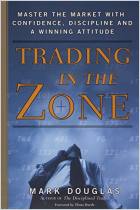
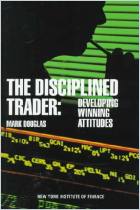
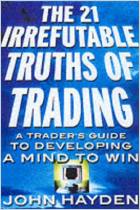
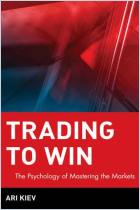
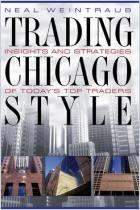






Comment on this summary or Démarrer une discussion